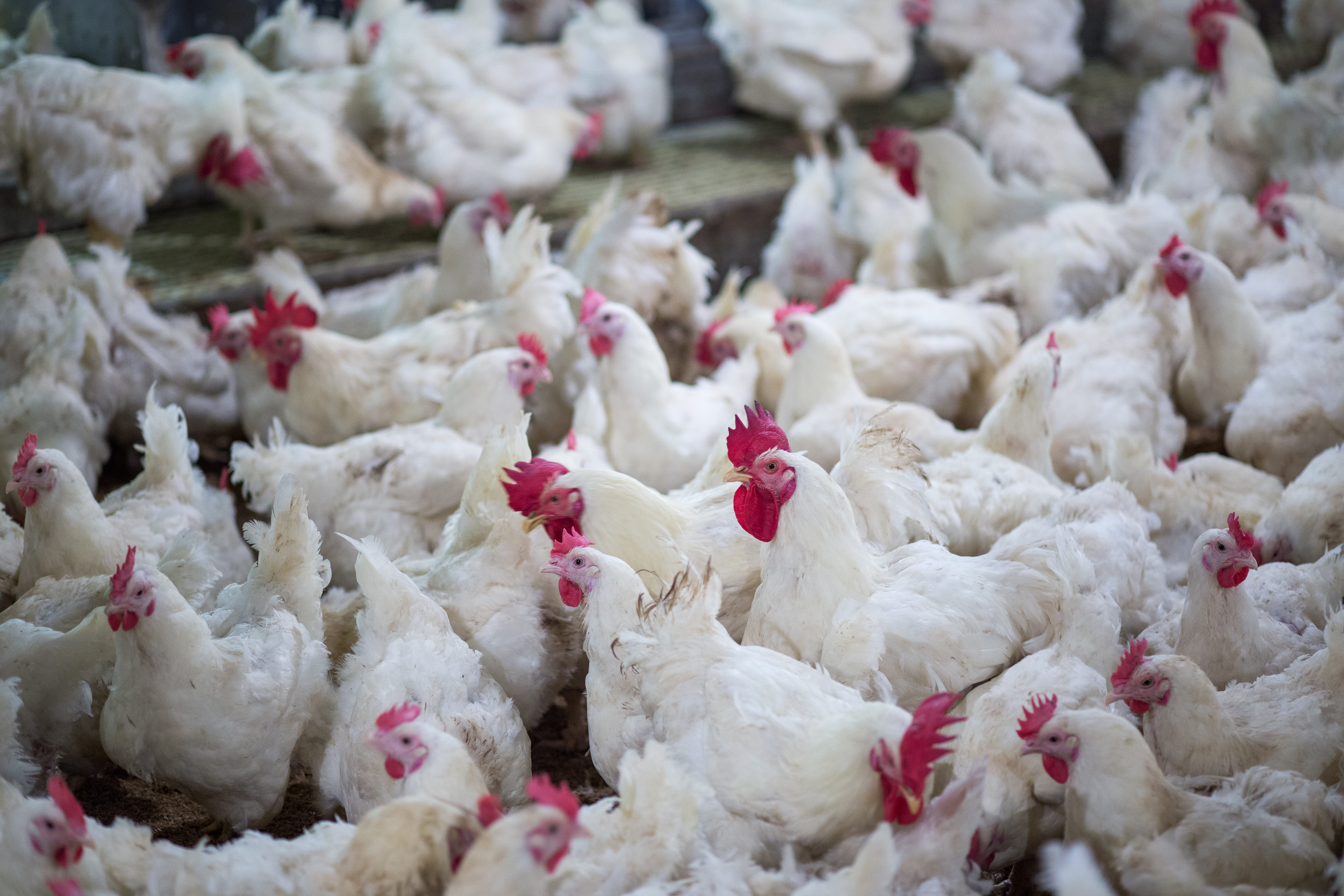



Opinion - South Africa's small poultry producers need greater industry representation
Despite the good intentions of government and the private sector, the poultry industry remains closed to new entrants, says Kobedi Pilane, co-ordinator of the APP (African Poultry Producer) chapter in AFASA (African Farmer Association of South Africa).Poultry producers are, the largest sector in South Africa's agricultural industry, and poultry is a mainstay of the country's food basket. It is the country’s most affordable protein as well as the pivot of the fast-food industry.

Anyone can keep chickens in their backyard and leading from there, it should be easy to progress into a small poultry farmer and then expand to become a big poultry farmer. The poultry sector, therefore, should be one aspect of South Africa's economy that is transforming fast, creating jobs, empowering small farmers, and given agricultural ownership to emerging black farmers.
Unfortunately, this is not the case. Kobedi Pilane, co-ordinator of the APP (African Poultry Producer) chapter in AFASA (African Farmer Association of South Africa) is an outspoken critic of the lack of transformation in the poultry industry, blaming it on entrenched self-interest by the large poultry producers. In this podcast with host Paul Matthew, Pilane unpacks why it was necessary to create a specialist poultry farmer chapter within AFASA, and what they hope to achieve.
“At first we joined SAPA (South African Poultry Producers) so that we could be represented,” he says, “but we quickly realized that these large poultry producers that dominate the industry are not interested in transformation, they want to keep control and maintain exclusion. So we found that we needed to create an alternative organization that would promote our interests.”
Pilane believes that, despite the good intentions of government and the private sector, the poultry industry remains closed to new entrants. He says that the five major poultry producers dominate the discourse around the poultry industry, that the Poultry Master Plan is failing, and that the industry urgently needs to open up.
“There is potential here for job opportunities and food security,” he says. “And so in the Master Plan they talk about commercialization of emerging farmers. The target is 50 small farmers. And SAPA talks about the fact that they have commercialized 13 farmers so far. But we don’t know who these farmers are, or how they have been commercialized.
"What the big producers do, is they sign contracts with the small farmers, and turn them into growers and suppliers. But that means that the small farmers are limited in what they can do. They will never be able to develop or expand, because they will always stay as small suppliers to the big producers. The big producers set the conditions and control what the small farmers can and cannot do. That is not transformation. SAPA looks at transformation as something it can do on the side, while it gets on with dominating the industry. This is not the right model for transformation.”
Pilane’s biggest frustration is the fact that the government, in the form of the Department of Trade and Industry, only talks to the main poultry producers and completely overlooks the emerging farmers, their wants and their needs.
“The government is only interested in talking to the main players. They don’t seem to realise that the small and emerging farmers are shut out of any agreements and negotiations. We, as small farmers, have a lot of ideas and plans, but we struggle to get anyone to listen to us.”
“For instance, we want to expand our exports aggressively. There is huge potential to expand our exports, to the rest of Africa, to the Middle East. We can export cooked chicken products to the EU. We have simple, practical plans: but we struggle to be heard. We struggle to get past our status as simply being suppliers and contractors to the big poultry producers. They look down on us – not only the big producers, but the government as well.”
The potential for transformation, says Pilane, is huge and exciting, but it is resisted because entrenched interests in the poultry industry are not comfortable with change. He would like to think that in five years the poultry industry can see major transformation.
“Transformation is not comfortable,” he says, “because it means giving up control. It means listening to other voices. But really, we all want to provide the best quality chicken at the best price, so transformation can be beneficial – as the industry becomes more inclusive it will expand.”
“We want to plug into the network,” he says. “We want to stop the domination of the big players, see the growth of both import and export, see ownership of the industry changing. At the moment, the market for chicken is 80% black. So we want to see those demographics reflected in the industry as well, we want to close down the inequality by having ownership of around 60% of the industry. As the APP, we impart skills and knowledge, and we want to build sustainability and entrepreneurship throughout the entire value chain. For this we need the right support. We need government to listen to us."
"We don’t need a Master Plan that only protects the big players in the industry.”








